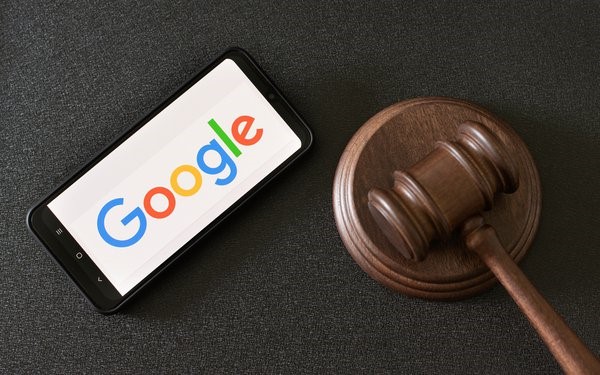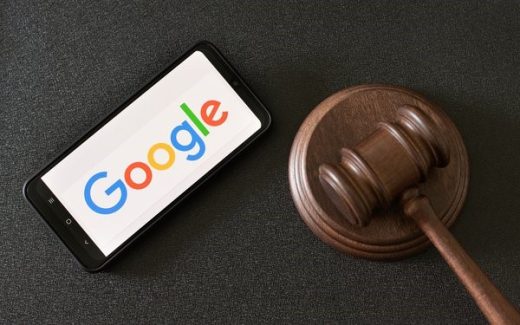News Corp Estimates A $9M Loss If It Had Switched From Google Ads
News Corp Estimates A $9M Loss If It Had Switched From Google Ads

News Corp estimated it would have lost at least $9 million in ad revenue in 2017 if it had switched away from Google’s advertising services, a former News Corp executive testified on Tuesday.
“I felt like they were holding us hostage,” Stephanie Layser, former vice president at News Corp, said on Tuesday during the second day of Google’s antitrust trial in Virginia.
Layser said Google frustrated publishers with features that seemed to benefit it more than its customers. At the time publishers couldn’t use anything else but DoubleClick for Publishers (DFP), Google’s ad server, because the platform was tied to Google’s ad exchange, reported Reuters.
Her testimony aimed to demonstrate that Google’s ad server has an enormous percentage of market share.
News Corp documents shown at trial estimated in 2016, the publisher made $83.3 million from ads sold instantaneously through ad-tech tools. More than half of those transactions went through Google’s ad exchange, with $18.4 million from Google ads advertisers.
Then in 2017, News Corp ran a six-month evaluation. AdExchanger reported the internal test as Project Cinderella. The goal was to determine whether it would be possible to swap out DFP for AppNexus — now Xandr, owned by Microsoft. In that year Google Ads’ demand made up between 40% and 60% of News Corp’s programmatic revenue.
Layser managed advertising technology at News Corp from 2017 to 2022. Now her LinkedIn page puts her at Amazon Web Services (AWS) as global head, publisher ad tech solutions.
Google promised to give her information she needed, but just before the company reversed the decision for privacy reasons, AdExchanger reported.
Reinforcing the point that Google is difficult to negotiate with, Jay Friedman, CEO of marketing agency Goodway Group, told the court Google denied any compromises over AdX’s take rate. He said Google’s was higher than the competition but provided the same quality of advertisers.
Friedman testified about the differences between walled gardens and the open internet, as well as why advertisers view display and social media advertising differently, giving an example that a Ramada Inn and a Ritz-Carlton are both hotels, but serve different purposes.
—–
*I want to take a moment to remember the attacks of 9/11 that occurred 23 years ago in the United States of America, and honor those who gave their lives not only on that day, but years later.
(3)


